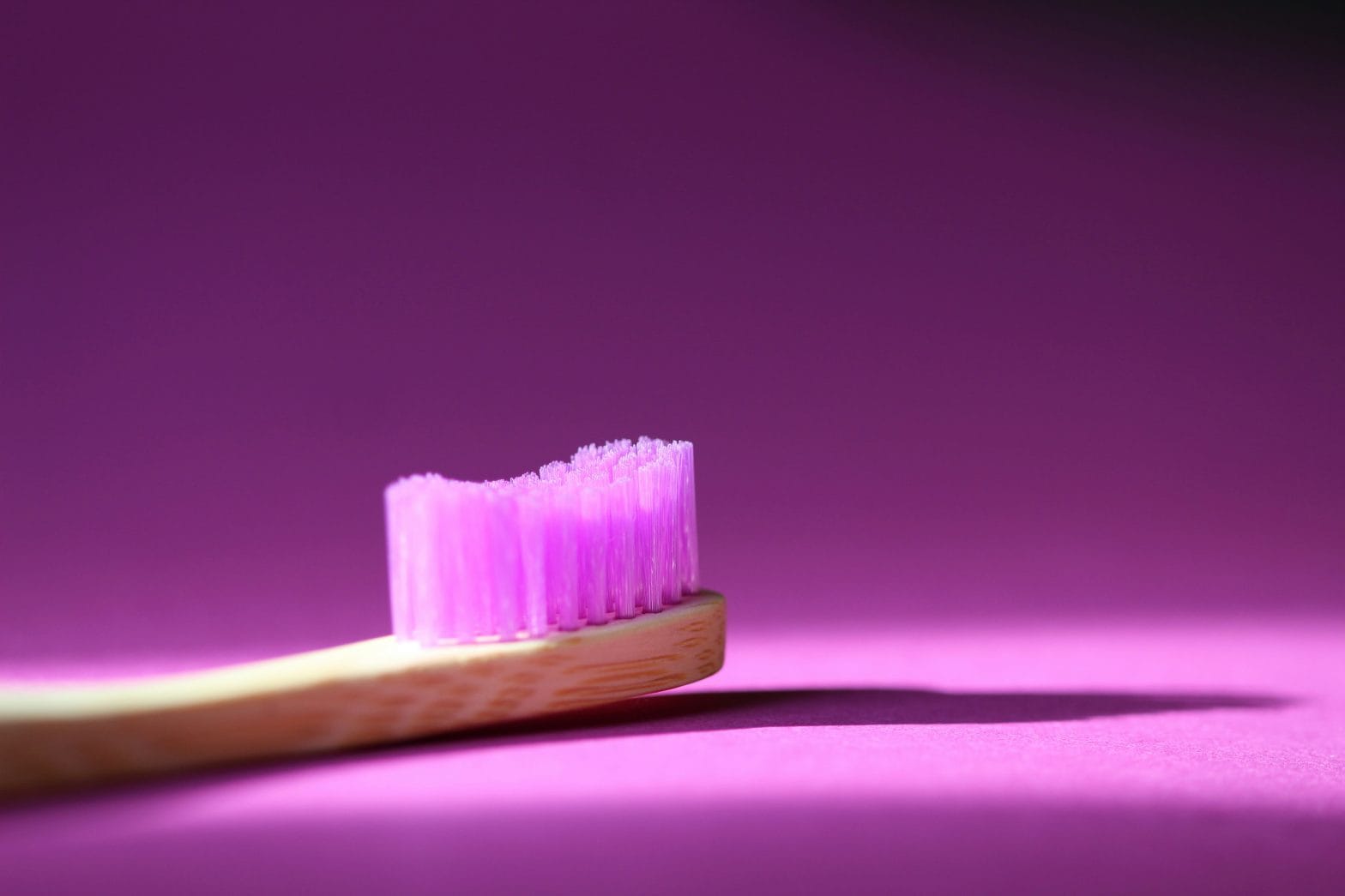Dabur’s Mohit Malhotra said in a recent earnings call that the homegrown FMCG major continued to perform well in Q1 FY25. The CEO of Dabur said: “Our diversified portfolio continued to thrive achieving market share gains in 95% of the portfolio. The International business exhibited a strong growth of 18.4% in constant currency terms backed by market share gains in most of the categories.”
In oral care, riding on the growing demand for the flagship Dabur Red Paste and the premium brand Meswak, Dabur’s toothpaste business reported a 12% growth during the first quarter.
Malhotra addressed the growth of market leaders in Oral care and the leading player Colgate’s higher element of pricing, during the call. Specifically about premiumization and the threat of market-share loss when brands extend premium beyond a point: Malhotra said, “As far as market share is concerned, too much of premiumization, you end up losing actually market share, and that is exactly what is happening with market leader.”
Read more: Dabur Q1FY25 net profit up 8% at Rs 500 crore; ad spends up by 15%
He added, “While you see premiumization and the growth happening, but the Nielsen and the syndicated data is showing that the market leader is losing market share in the non-herbal segment and all the herbal players, be it Patanjali or us or other herbal players are actually
inching up their volume market share.”
Malhotra pointed to attrition happening from the non-herbal to the herbals and that’s why herbal penetration is actually moving up.
“As far as our business is concerned, 8% is our volume growth and 3% is our price growth, leading to our 11% growth. But our secondary growth is in the range of around 12.2%, which is in line, and we’ve done some sort of inventory correction also here. So that’s what we’ve done.”
Maholtra said Dabur has just finished a revenue growth management (RGM) activity with a big consultant in India, “and we have compared and contrasted our prices of all SKUs across the board with competitor and any opportunity in that we will not lose especially in oral care. So that we have already plugged the gap.”
